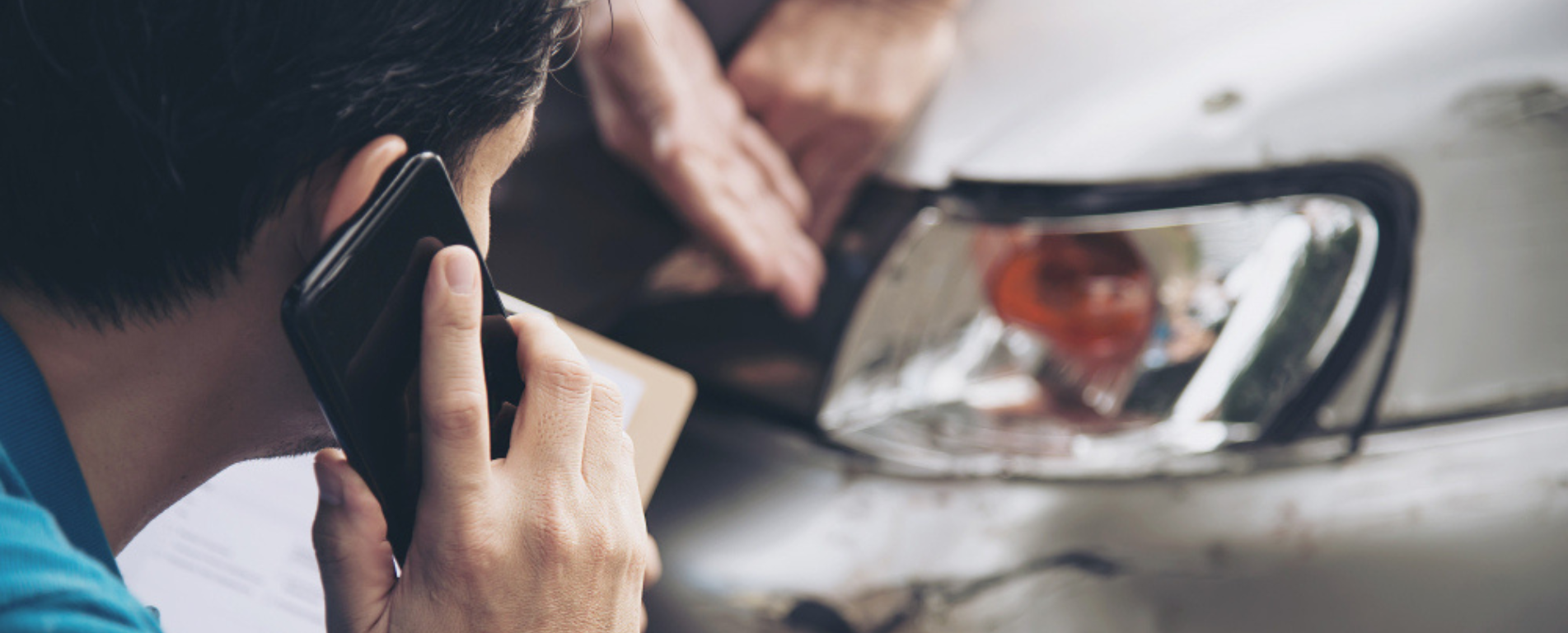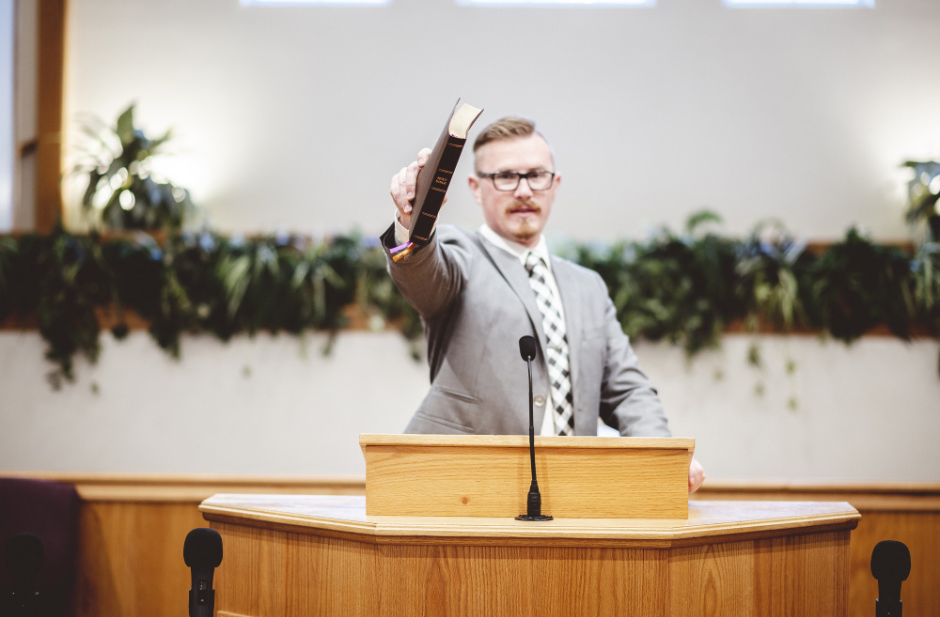If you’ve just been in a rideshare accident in Colorado, here’s the deal—first things first: stay calm. Your safety comes before anything else.
Call 911, document everything you can, get checked out by a doctor (even if you “feel fine”), and reach out to a Denver injury and accident attorney.
These cases can get messy fast thanks to rideshare insurance quirks, so it helps to have someone who knows the ropes.
But, is there no way out? Actually, there is! And that’s exactly what I will be telling you in today’s blog.
So, if you want to know what to do after a rideshare accident, keep on reading this blog till the end…
What to Do After a Rideshare Accident
There are several things that you might have to do when it comes to a rideshare accident. From gathering evidence to raising a complaint, there’s literally a list of things that you might have to do.
But in case you have been searching for the most important things that can help you with the compensation, I have the perfect list ready for you.
Here’s what you need to do:
The First Critical Steps
Right after a rideshare crash, your brain might be all over the place. That’s totally normal. Colorado roads are full of Uber and Lyft drivers zipping around, so yeah, these accidents happen more than we’d like.
The key? Acting fast and smart to keep yourself safe and set things up for any legal or insurance stuff down the line.
Here’s what should be on your mental checklist:
- Get to a safe spot, away from traffic
- Dial 911 right away—don’t wait
- Check yourself and others for injuries
- Snap as many photos as possible—everything from damage to weather conditions
And seriously—don’t start pointing fingers or admitting fault. That stuff can come back to bite you. Colorado uses something called “comparative negligence,” which just means if you’re partly to blame, it can mess with how much money you’re able to get.
Rideshare Company Insurance: Understanding Coverage Tiers
Second, you need to think about Rideshare insurance. Yeah, it’s a whole different beast. What kind of coverage applies depends on what the driver was doing when the crash happened:
- Driver not using the app: You’re looking at their personal insurance only. The rideshare company won’t touch it.
- Driver online but not with a passenger yet: Limited coverage from the company usually kicks in here—about $50k per person if someone’s hurt.
- Driver had a passenger or was on the way to pick one up: This is where the $1 million coverage kicks in. Big difference.
Knowing how these tiers work helps a ton, especially if you’re the passenger or another driver tangled up in the mess.
Car Accidents Documentation and Evidence Collection
Thirdly, if you want a solid case, you’ve gotta back it up. Sure, the police report is important, but don’t stop there. Stack the deck in your favor with more evidence.
Here’s what you’ll want:
- The police report number and the name of the officer at the scene
- Photos—take a bunch: damage, license plates, traffic signs, everything
- Names and numbers of witnesses and all drivers involved
- Insurance details from everyone
- Screenshots from the rideshare app showing your trip info
Don’t just swap info with the rideshare driver—get it from other drivers, passengers, even anyone walking by who saw what went down. Besides, liability in rideshare crashes can be spread around, so you want to cover all your bases.
Seek Medical Attention
Even if you think you’re okay, get checked out. Adrenaline does a sneaky job of masking pain, and what feels like nothing could turn into something serious—whiplash, a concussion, internal injuries… you name it.
Make sure to:
- Get looked at the same day, if possible
- Follow the doctor’s orders (even if it’s annoying)
- Keep all your medical records
- Jot down how your injuries mess with your normal day-to-day
Waiting too long to see a doctor gives insurance folks an excuse to lowball you or say your injury wasn’t from the crash. Quick medical care = stronger case. Always.
Understanding Fair Compensation And Recovery Options
You’re not just dealing with car damage here. Rideshare accidents can mess with your whole life—medical bills, missed work, stress, pain, the works.
The problem is, it’s not always cut and dry figuring out who owes what when multiple insurance policies are floating around.
Generally, you can get paid for:
- Medical treatments and future care
- Lost wages and income, you’ll miss out on down the road
- Repair or replacement of your car (if you were driving)
- Pain and suffering—yep, that counts too
Colorado’s “comparative negligence” rule means even if you were partly at fault (as long as it’s under 50%), you can still get compensated. Just… maybe not as much. It definitely plays into what you walk away with after a settlement.
Rideshare Attorneys: When Professional Help Matters
These kinds of cases aren’t your standard fender bender. Rideshare accidents are a legal maze. Having someone who understands Colorado law and rideshare regulations can make or break your claim.
Here’s what a good lawyer will do:
- Give you a free case review to figure out what you’re working with
- Dig into who’s at fault—and how to prove it
- Handle all the insurance haggling so you don’t have to
- Go to court if needed to fight for a real payout
Additionally, most rideshare attorneys don’t charge upfront—they only get paid if you win. So you’re not risking anything by getting help, and honestly, it’s one of the smartest moves you can make.
Lyft Driver and Uber Accident Scenarios
Doesn’t really matter if it was an Uber or a Lyft—the rules are the same. What the driver was doing at the time (offline, online, actively driving you) decides what insurance applies.
You’ll want to think about:
- What the driver’s personal insurance covers
- Where the rideshare company’s coverage kicks in
- Any third-party driver responsibilities
- Whether you’re covered as a passenger under the rideshare policy
Uber and Lyft accidents can be a legal headache. An experienced attorney knows how to sort through the chaos and get to the money you’re actually owed.
Frequently Asked Questions (FAQs):
Now that you are almost done with this blog, let me tell you about some of the other things people often ask about when it comes to what to do after a Rideshare accident. Here’s what you should take a look at:
What Happens If An Uber Driver Gets In An Accident?
It depends. If they’re driving a passenger or en route to one, Uber’s $1 million coverage steps in. If they’re off the app, their personal insurance handles it.
What Not To Say To The Insurance Company After An Accident?
Don’t admit fault. Don’t guess or say “I’m fine” too early. And never accept the first offer without talking to a lawyer. Stick to facts and avoid oversharing.
What To Do After An Uber Accident?
Same basic steps: call 911, get photos, see a doctor, report it in the app, and call a lawyer. Don’t leave anything to chance.
Can Transportation Be Reimbursed In An Accident?
Yep. If your car’s out of commission, you can usually file for reimbursement for Uber rides or other travel related to medical visits or work.
Your Legal Guide: Taking Action After a Rideshare Accident
If you’ve been in a rideshare accident in Colorado, time matters. The insurance game is tricky, and you’ve only got a limited window to make your claim.
Taking quick, smart action—and getting a lawyer who knows what they’re doing—can make all the difference.
Don’t let an insurance adjuster decide what your recovery’s worth. Reach out to a rideshare accident attorney and take back control.
The consultation’s free, so there’s nothing to lose—just make sure you don’t wait too long. The clock’s already ticking.
Read Also:
















